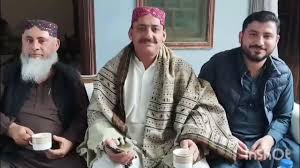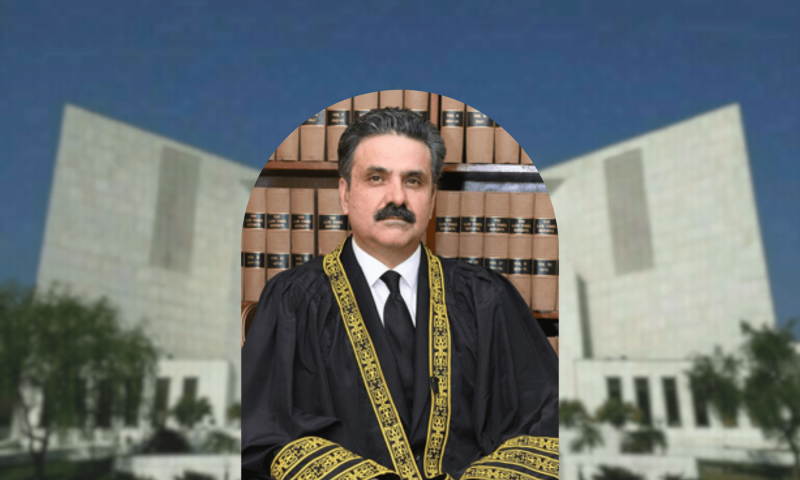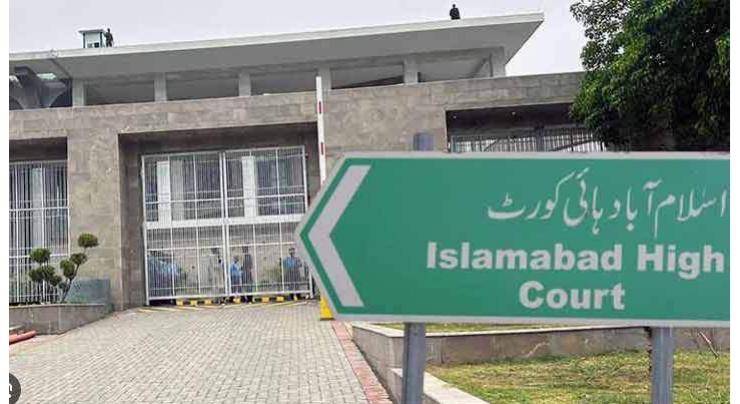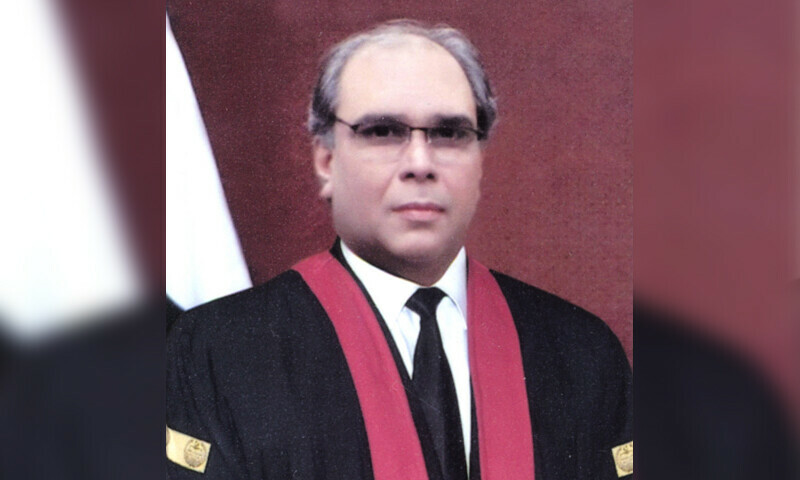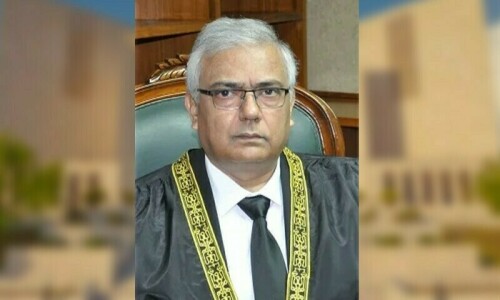LEGAL
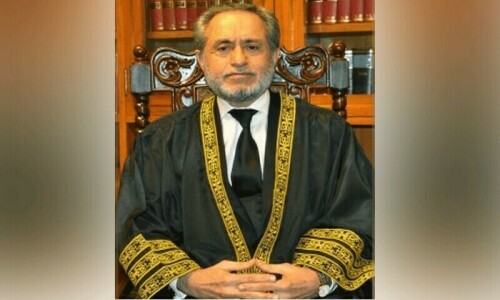
The Supreme Court of Pakistan, on Wednesday, scrutinized the country's phone-tapping legislation, with Justice Jamal Khan Mandokhail calling it "ambiguous." The remarks came during the hearing of a case challenging the authorization of phone tapping by intelligence agencies, a decision rooted in national security concerns.
The issue began in July when the Ministry of Information Technology and Telecommunication empowered the Inter-Services Intelligence (ISI) to intercept and trace calls under Section 54 of the Pakistan Telecommunication (Re-organisation) Act, 1996. This move, however, was promptly challenged in the Lahore High Court (LHC), raising questions about privacy and judicial oversight.
The case, heard by a seven-member constitutional bench led by Justice Aminuddin Khan, delved into the procedural and legal facets of phone tapping. Justice Muhammad Ali Mazhar questioned whether specific legislation existed to govern the practice. In response, Additional Attorney General Aamir Rehman stated that laws addressing the issue have been in place since 2013, and judicial supervision is outlined within them.
Justice Mazhar, however, pointedly asked, “Has any judge been notified for this purpose? The law does not allow everyone to tap every phone.”
Justice Mandokhail expressed broader concerns, remarking that the phone-tapping law lacks clarity and could affect pending cases. Justice Aminuddin Khan emphasized that the court seeks results, not just legal formalities.
Further complicating the matter, the advocate on record revealed that contact had not been made with the petitioner, Major Shabbir, whose lawyer had passed away last year. The court issued a notice to the advocate general and dismissed the hearing for now.
The legality of phone tapping in Pakistan remains a contentious issue. Last December, during a related case on audio leaks in the Islamabad High Court (IHC), Attorney General for Pakistan Mansoor Usman Awan stated that the government had not authorized any intelligence agency to tap audio conversations. This revelation came in the wake of a leaked conversation allegedly featuring former Prime Minister Imran Khan’s spouse, Bushra Bibi, and PTI leader Latif Khosa.
As the Supreme Court seeks greater clarity and oversight on this sensitive issue, the debate around balancing national security and privacy rights continues to intensify.
